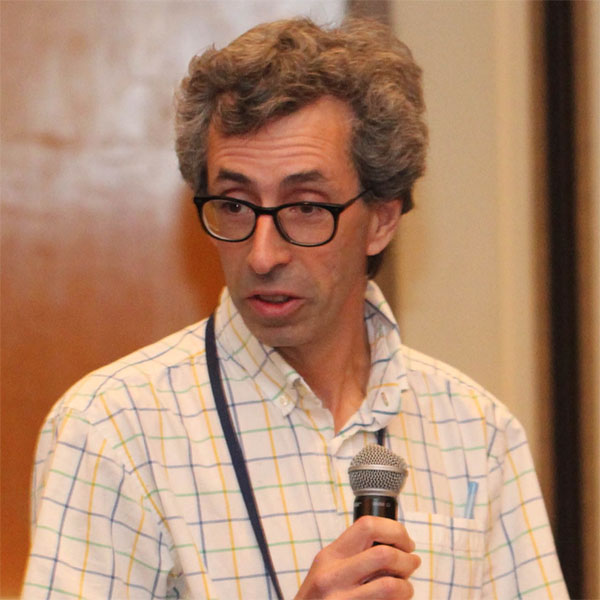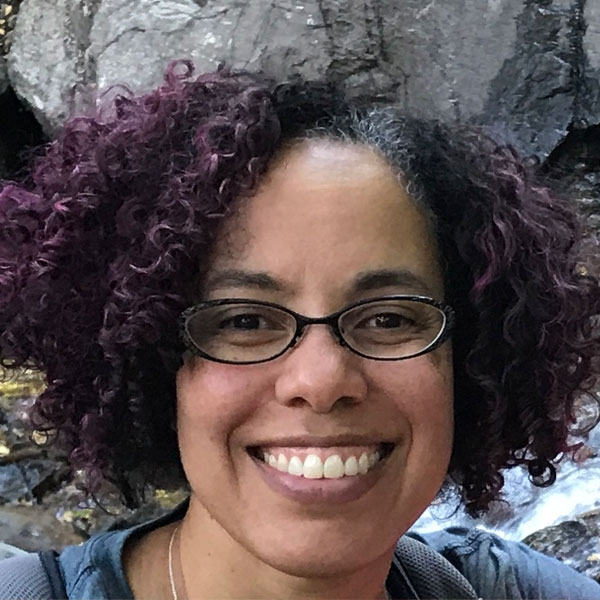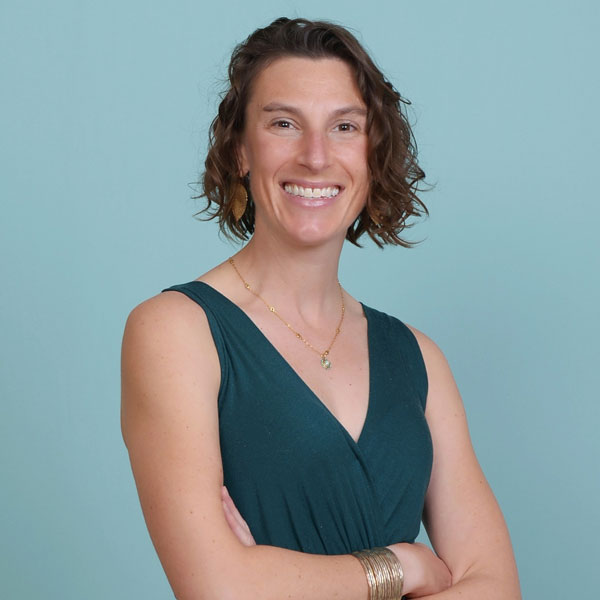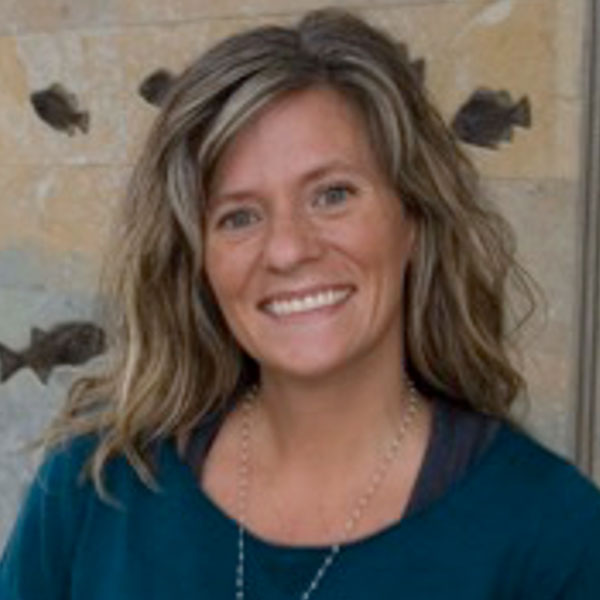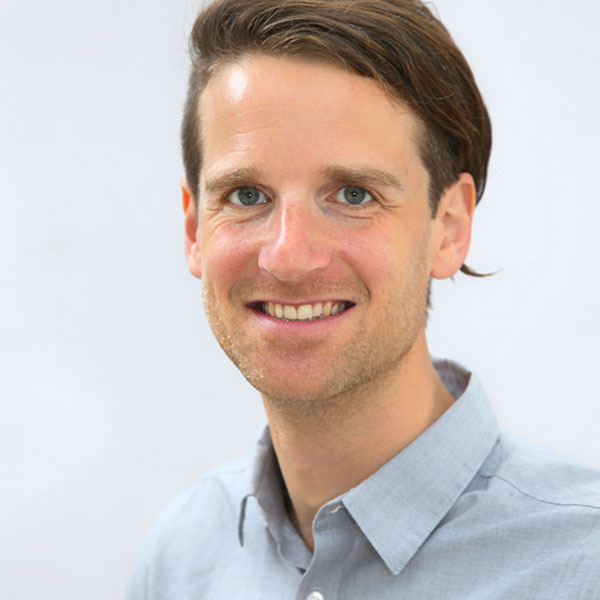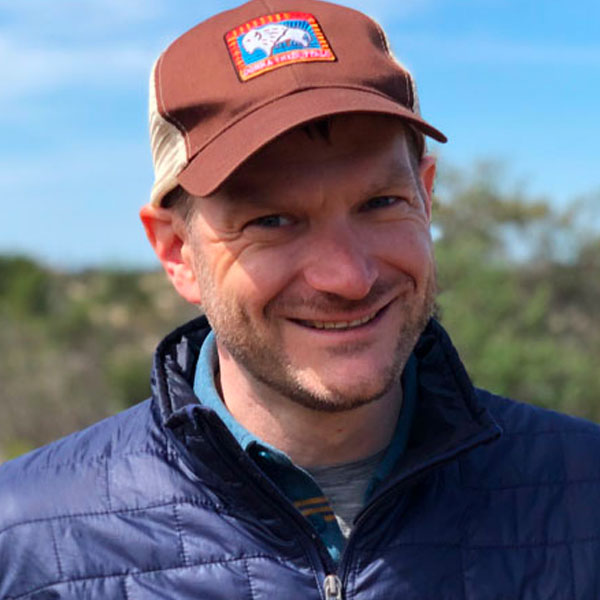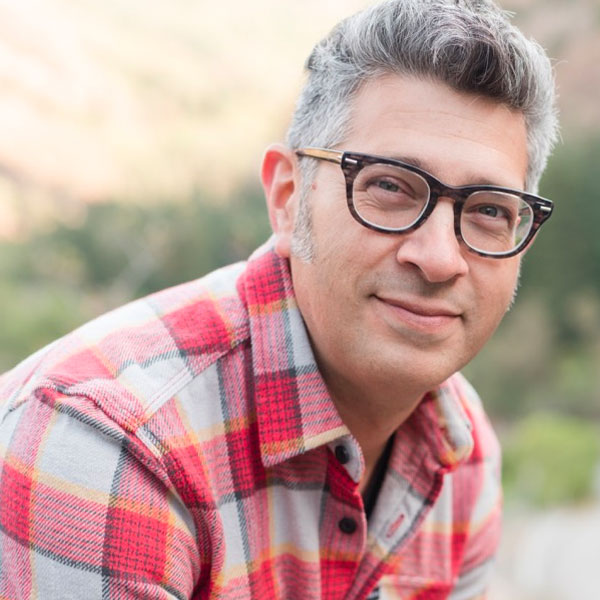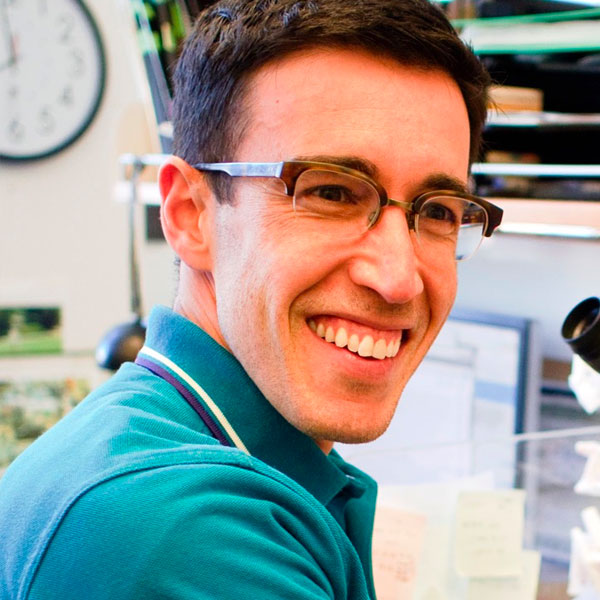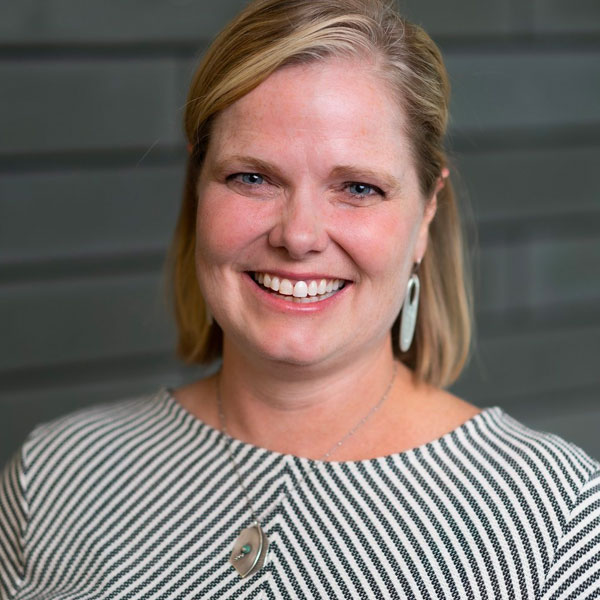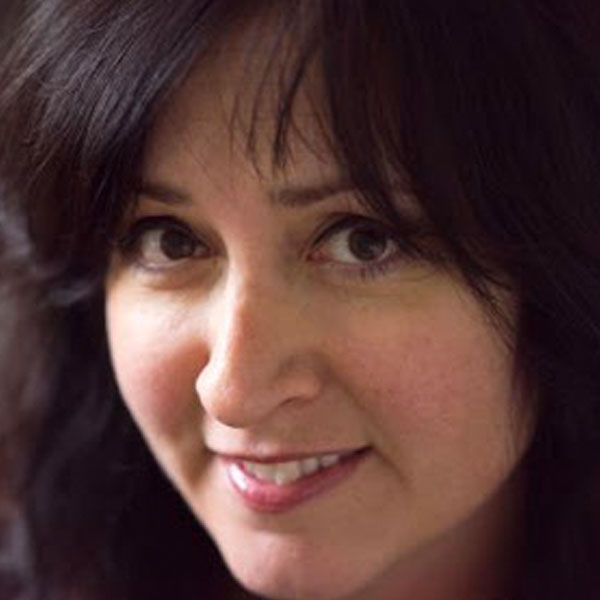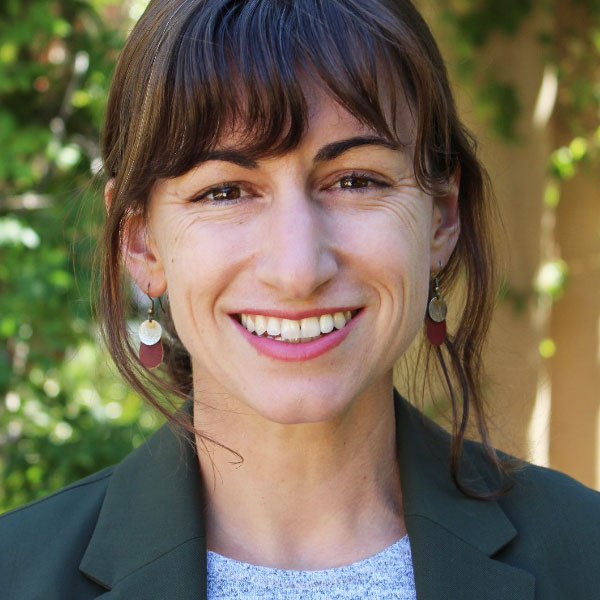2021 Summer Fellows
Learn about the eleven U of U faculty that will be in residence in University Village on the Taft-Nicholson Environmental Humanities Education Center campus, working on their individual research agendas in the quiet and peace of the Centennial Valley in 2021.
Click their photos to learn more about our summer fellows.
Fred Adler
Fred Adler is a professor in Department of Mathematics and the School of Biological Sciences. He is a mathematical biologist with particular interest and expertise in models of self-organized dynamics and application of ecological and evolution principles across biological scales. He is the author of two textbooks, Modeling the Dynamics of Life: Calculus and Probability for the Life Sciences (Brooks/Cole Publishing) and Urban Ecosystems: Ecological Principles for the Built Environment (Cambridge University Press). Professor Adler will use the fellowship to draft a book on the unifying concept of Concentration in ecology, biology, economics, and the arts.
Lisa Henry
Lisa Henry is an associate professor in the Department of Architecture and Chair of the School of Architecture. Her research combines traditional scholarly production with experimental design projects. Professor Henry combines architectural theory and literary analysis with a black feminist methodology to explore how literature specifically focused on the American landscape can inform architectural and activist practices. Professor Henry Benham will develop a research plan focused on the role of interdisciplinary research in the development of Design Justice and activist architectural practice.
Lauren Birgenheier
Lauren Birgenheier is an Associate Professor in the Geology and Geophysics Department. She specializes in reconstructing ancient depositional environments recorded in sedimentary rocks. In particular, at Taft-Nicholson she will be writing a paper that critically evaluates the deposition of mudstones or shales in ancient oceanic environments. Professor Birgenheier will develop a field-based geoscience teaching module that centers on the unique geologic surroundings of the Taft-Nicholson Center. She will develop parallel versions of this teaching module for two different learning audiences - undergraduate geoscience majors and visitors to the Taft-Nicholson Center from all backgrounds.
Brenda Bowen
Brenda Bowen is a professor in the Department of Geology and Geophysics. Her research as an interdisciplinary geoscientist focuses on how changing environmental conditions influence the composition of sediments, authigenic minerals, and fluids in both modern dynamic systems and ancient lithified strata. Professor Bowen is collaborating with Professor Wischer and will prepare for an exhibition of Wischer’s sculptural work that is inspired by Bowen’s biophysical research which focuses on the landscape of the Bonneville Salt Flat. They will develop and write five-year plan for art-science collaboration.
James Gagnon
James Gagnon is an assistant professor in the School of Biological Sciences and holds a Mario Capecchi Endowed Chair in Biology. His research focuses on vertebrate development and adult tissue homeostasis through the lens of the lineage tree and studies variability in the vertebrate lineage tree - how it is compensated for and how it can lead to individuality. Professor Gagnon will develop a new research stream based on an active topic in his research lab. Briefly, this research stream will evaluate new CRISPR-Cas genome editing tools in zebrafish embryos.
Peter Lippert
Peter Lippert is an associate professor in the Department of Geology and Geophysics. His Research uses field study in conjunction with paleomagnetic, rock magnetic, collaborative stratigraphic, geochemical, and geochronologic approaches to investigate a wide range of geological puzzles. It utilizes the unique information encoded in the magnetic and chemical properties of geological materials to understand tectonic, paleoclimate, and paleoecological processes, and to recognize feedbacks between geodynamics, climate change, and surface processes. Professor Lippert will immerse himself in the geology and resources of the valley and will explore access to and appropriateness of locations for field instruction. He will investigate the feasibility of a field course and begin the groundwork for new instructional modules.
Michael Mejia
Michael Mejia is an associate professor in the Department of English. He is the author of the novels TOKYO and Forgetfulness, and his fiction and nonfiction have appeared in many journals and anthologies, including AGNI, DIAGRAM, The Collagist, Seneca Review, and My Mother She Killed Me, My Father He Ate Me. Professor Mejia will work on Conquests of Mexico, an examination of Latin American migration in the context of the personal and the historical. Through fragments of fiction and nonfiction, Conquests weaves together three journeys in a grand vision of movement across América.
Ofer Rog
Ofer Rog is an assistant professor in the School of Biological Sciences. His research focuses on the synaptonemal complex (SC) — a conserved structure that underlies chromosome-wide behaviors during sexual reproduction. The SC has been observed in almost all eukaryotes - from yeast to worms to humans. Professor Rog will develop a proposal for a series of workshops that will bring together experts from diverse disciplines to discuss new ways to conceptualize, represent and study cellular space.
Rebecca Utz
Rebecca Utz is an associate professor in the Department of Sociology. She researches lifecourse sociology, focusing on health and aging in America. Specifically, questions about how families manage end-of-life and chronic disease care transitions, developing and testing interventions that maximizes the benefits of respite time use for caregivers to persons with Alzheimer's Disease and related dementias. Professor Utz will complete two manuscripts, “Supporting Widowed Persons: An Individually-Tailored Bereavement Intervention Based on Dual Process Model” and “Redefining Respite Care: Lessons Learned from the COVID-19 Pandemic”
Wendy Wischer
Wendy Wischer is an Associate Professor in the Department of Art & Art History. Her creative work highlights environmental issues and seeks to translate data into personal meaning. Through interdisciplinary research, often in collaboration with scientists and engineers, it addresses our environmental crisis in hopes of finding impactful ways to connect people more deeply with the environments they live in and each other. Professor Wischer is collaborating with Professor Brenda Bowen and they will work on drafting a paper around their Art and Science exhibition of Wischer’s sculptural work that is inspired by Bowen’s biophysical research on the landscape of the Bonneville Salt Flats. They will also develop ideas for future art-science collaborations.
Lynne Zummo
Lynne Zummo is an assistant professor in the Department of Educational Psychology. Her research investigates how cognitive, social, and cultural factors interact to influence learning of climate change science in K-12 classrooms and the Natural History Museum of Utah. Professor Zummo will advance this research through writing that theorizes about quantitative data practices, or how people make sense of numerical information within their social and cultural contexts. Bridging cognitive theories with sociocultural concepts, this writing will theorize about learning experiences that can foster data practices in ways that support public alignment with science.

